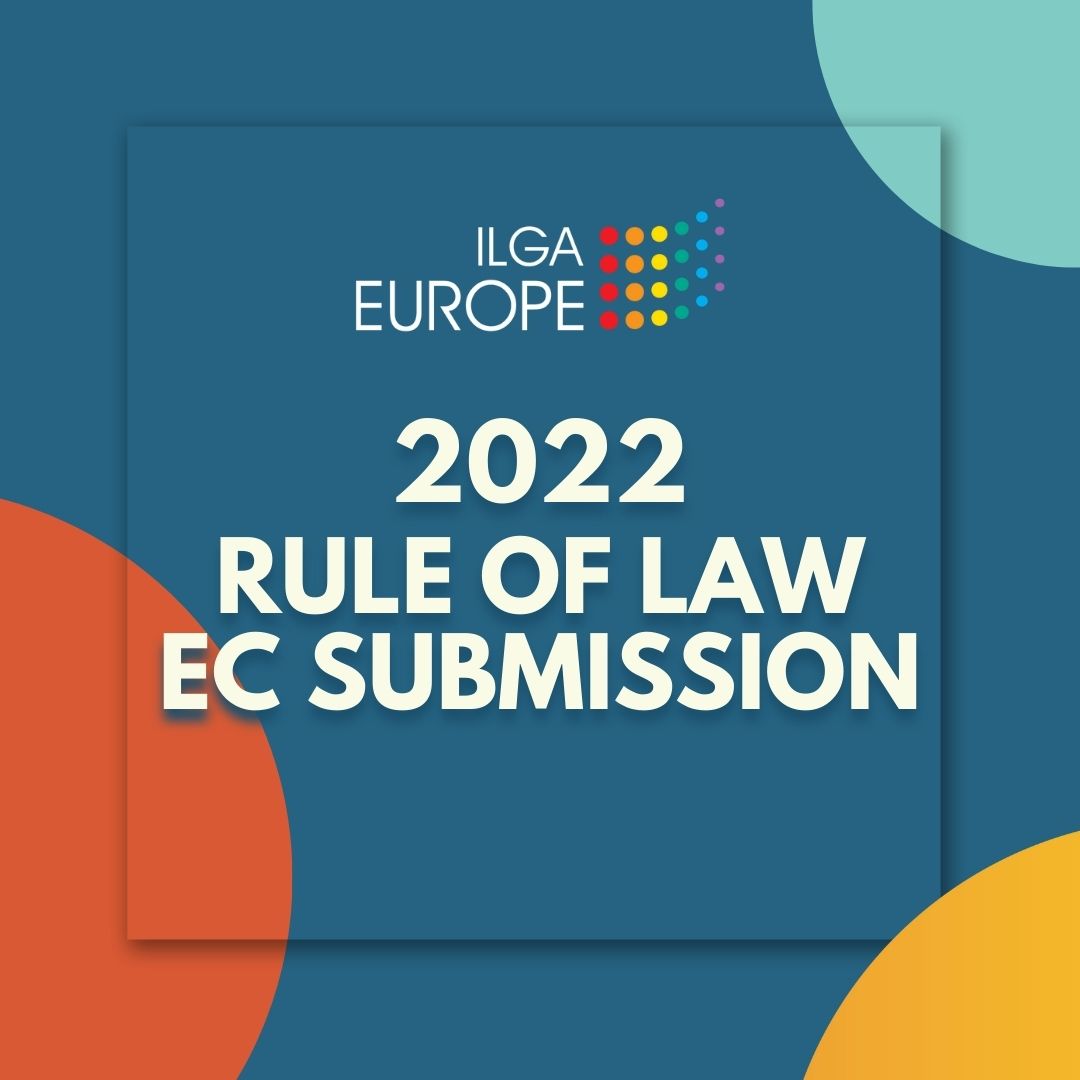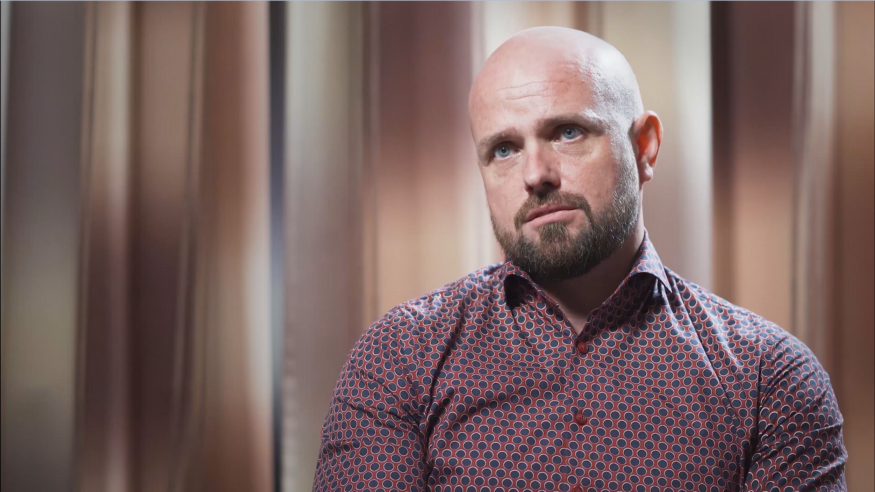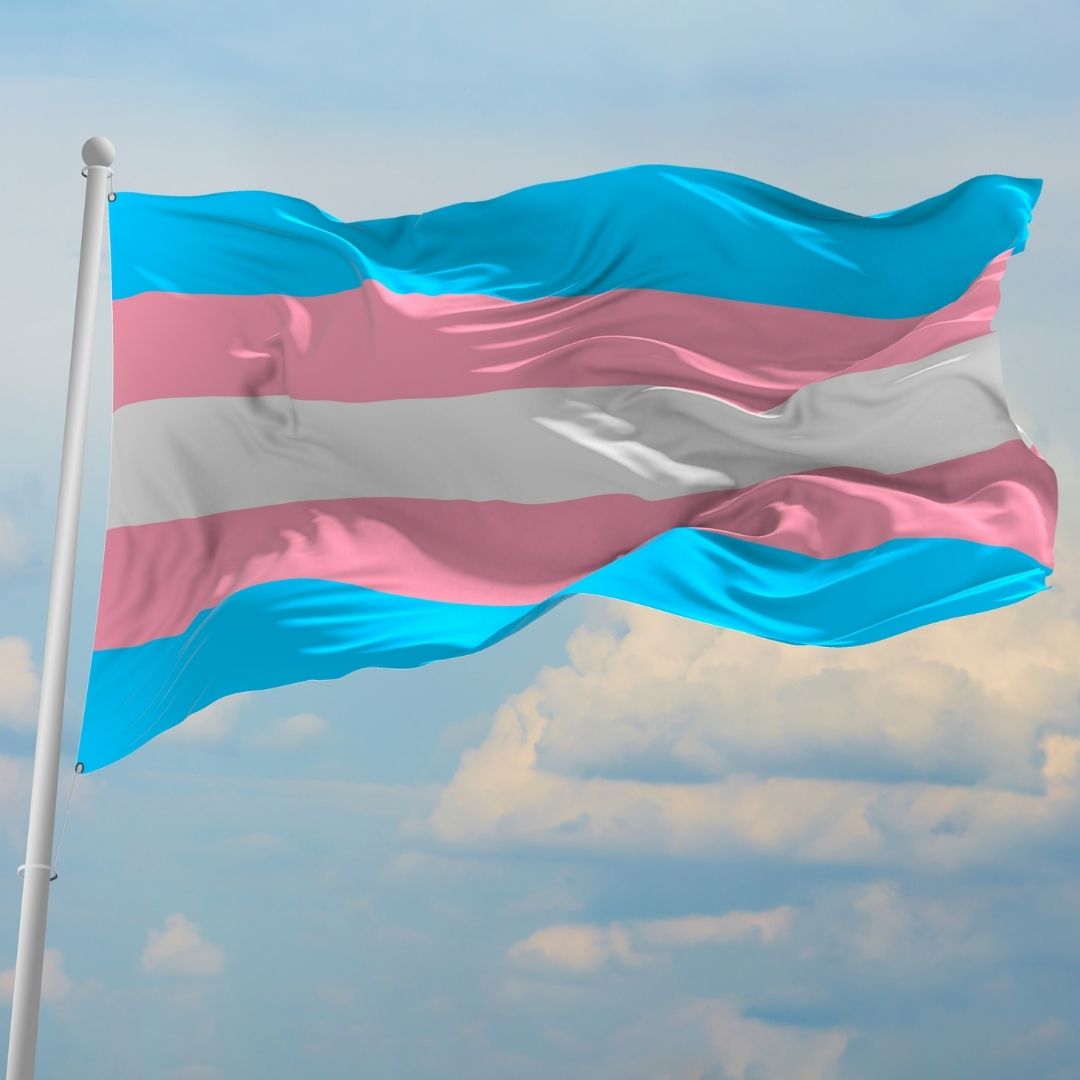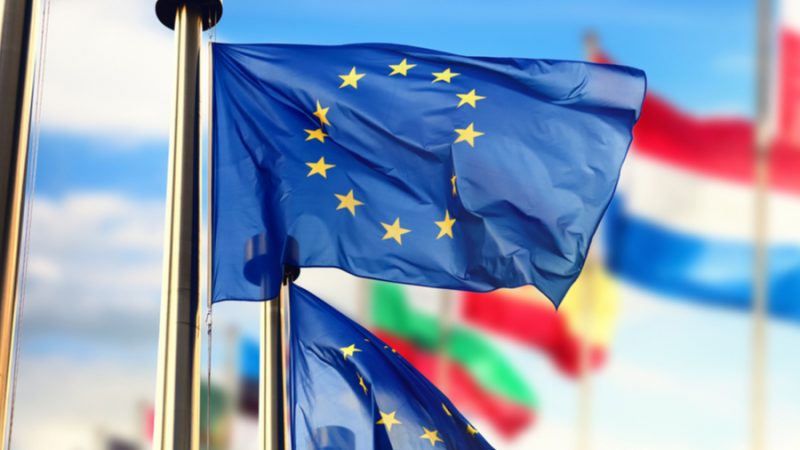Our submission to the EC 2022 Rule of Law Report

Expert contributions were provided by organisations PROUD (Czech Republic), LGBT komiteen (Denmark), Inter-LGBT (France), Háttér Társaság (Hungary), KPH & Atlas of Hate (Poland), ACCEPT (Romania), and Legebrita (Slovenia).
The developments encompassed in the submission point to systematic attacks on the fundamental rights of LGBTI people enabled by the weakening of rule of law and democratic structures. We have not included all fundamental rights violations against LGBTI people, or all restrictions experienced by LGBTI civil society in the respective countries, only those which are relevant to the respective headings of the consultation, where there is a clear link to rule of law.
Notably the submission covers the following topics:
- Political interference or bias in court cases related to LGBTI rights, in particular where independence of the judiciary is under attack;
- Anti-LGBTI bias, smear campaigns and censorship of LGBTI content, in particular where media freedom is under attack;
- Funding restrictions or discriminatory distribution of public or EU funds, affecting LGBTI organisations;
- Arbitrary application of Covid-19 regulations to attempt to restrict the freedom of assembly of LGBTI people;
- Covid-19 emergency measures affecting the process of preparing and enacting laws (exclusion of LGBTI CSOs in consultation phases or even fast-track adoption of legislation directly attacking LGBTI people);
- Non-implementation of CJEU or ECtHR judgements which would improve the lives of LGBTI people;
- Judicial harassment of LGBTI activists (in particular SLAPPs);
- Insufficient follow-up of anti-LGBTI hate crime cases;
- Anti-LGBTI discriminatory speech from political and religious leaders affecting public perception of LGBTI CSOs and creating an unsafe climate for LGBTI human rights defenders (in some cases leading to attacks on CSO offices, employees and volunteers).
Voices of ILGA-Europe: On the frontlines for equal marriage in the Czech Republic

From the high-powered offices of government, to the vanguard of the Czech Republic’s LGBTI movement, Czeslaw Walek tells his story of activism in action.
Our second Voices of ILGA-Europe contributor is Czeslaw Walek, the Chair of Prague Pride, who we met during our most recent conference in Prague. Czeslaw talked to us about the frustrations that powered his journey from the high offices of government to becoming one of the Czech Republic’s most prominent activists, and how ILGA-Europe has helped along the way.
“When we started, we didn’t know what to expect,” says Czeslaw Walek, remembering the very first Pride in the Czech capital of Prague, back in 2011. The march was a huge success, and since then has grown from strength to strength. So too has the Czech Republic’s LGBTI movement, to the point that the country could well become the first post-communist country with full marriage equality.
“At this moment we are a bit stuck in the parliament with the discussion,” Czeslaw says, referring to the delay tactics used by the opposition in parliamentary debates. “But the actual marriage equality campaign is a big success, because it’s not only lobbying and advocacy in the Parliament, but it’s a nationwide conversation about who LGBT people really are and what position in society they should have.”
To find out more about the human rights situation of LGBTI people in the Czech Republic, visit the country’s annual review page here.
Watch Czeslaw’s video to learn more about the fight for marriage equality in the Czech Republic, and how his feelings at the very first Prague Pride showed him that LGBTI Czechs could achieve great things.
Legal victory for trans people – European human rights body slams forced sterilisation in the Czech Republic

The Czech Republic violates the human rights of transgender people as guaranteed by the European Social Charter, found a decision that was made public this Monday.
The case had been brought jointly by Transgender Europe and ILGA-Europe in 2015 in cooperation with local activists using the collective complaint mechanism. It is the first transgender discrimination case decided under that procedure.
“We are greatly relieved about the Committee’s decision. Forced sterilisation of trans people is still happening in the Czech Republic. This is inhumane and has to stop!” said the two networks.
The Committee of the Social Charter found that legal requirement for transgender persons in the Czech Republic to undergo medical sterilisation in order to have their gender identity recognised seriously impacts a person’s health, physical and psychological integrity, and dignity. The Committee emphasised the importance of the right to give free consent when accessing medical treatment:
“Guaranteeing free consent is fundamental to the enjoyment of the right to health, and is integral to autonomy and human dignity and the obligation to protect the right to health.” (paragraph 82)
The Committee reiterated that gender recognition in itself is a right recognised under international human rights law. Echoing the European Court of Human Rights, the Committee stated that trans people should not be forced to choose between their gender identity and physical integrity. The World Health Organisation stated in July 2018 that trans people should not be longer regarded as having a mental disorder.
“We call upon the Czech Republic to immediately take steps and implement a gender recognition procedure that is quick, transparent and accessible and based on self-determination. Such a reform needs to centre on those whose lives are directly affected.” comment TGEU and ILGA-Europe:
Conversely, in a recent statement the Czech Association of Sexologists said that castration should remain a requirement in legal gender recognition. According to the current proposal from the Czech Ministry of Justice it would be a sexologist who assesses a trans person applying for gender recognition.
“We remain concerned that doctors who call for the forced sterilisation of trans people are considered experts and will remain gate keepers, while trans people in the Czech Republic remain shut-out in a hasty and non-transparent process.”
Background:
Article 11 of the European Social Charter inter alia guarantees the right to the highest possible standard of health and the right of access to health care. The European Social Charter is the Social Constitution of Europe – a Council of Europe treaty that guarantees fundamental social and economic rights. The Charter differs from the European Convention on Human Rights, which refers to civil and political rights.
The Social Charter guarantees a broad range of everyday human rights related to employment, housing, health, education, social protection and welfare. Nearly all European states have signed up to the Social Charter.
The decision in the case Transgender Europe and ILGA-Europe v. Czech Republic follows the judgment of the European Court of Human Rights in the case A.P., Garçon and Nicot v. France in April 2017, finding that the forced sterilisation requirement was in breach of the right to respect for private life. Currently, fourteen European countries still require forced sterilisation in legal gender recognition. The World Health Organisation stated in July 2018 that transgender people should not be longer regarded as having a mental disorder.
Meeting the challenge of accession

Surveys on sexual orientation discrimination in countries joining the European Union.
This report is a comparative summary of national reports written in ten countries (Czech Republic, Estonia, Hungary, Latvia, Lithuania, Malta, Poland, Slovakia, Slovenia and Romania). It highlights the violence and discrimination some people face because of their sexual orientation.
The data and statements collected show that discrimination on grounds of sexual orientation affects several areas of the life of lesbian, gay and bisexual (LGB) people. Discrimination exists in the family, in education, in the workplace, in the army, in health services, in housing and in the church. In order to end such discrimination and human rights abuses, the report puts forward some recommendations to the new member states and to the European Union institutions.
These recommendations concern changes in the law, policies and practices affecting LGB people in the accession countries. It aims at reinforcing the instruments dealing with discrimination in the EU and in the member states.
Equality for lesbians and gay men- a relevant issue in EU accession process

This report, from 2001, maps the legal and social situation of lesbians and gay men in 13 candidate countries to EU accession.
Three years after the publication of the “Equality Report” on the situation of lesbians and gay men in the EU Member States, ILGA-Europe has produced the current report, “Equality for Lesbians and Gay Men – A Relevant Issue in the EU Accession Process”, with a view to filling the information gap regarding the situation for lesbians and gay men in the candidate countries. The report was produced as part of the project “Lesbian and Gay People in Candidate Countries to EU Membership”.
All 13 accession countries are represented with individual reports: Bulgaria, the Czech Republic, Cyprus, Estonia, Hungary, Latvia, Lithuania, Malta, Poland, Romania, Slovakia, Slovenia, and Turkey. A further chapter presents the European Union’s legislation and policies that are relevant to the rights of lesbians and gays in the accession countries, policies which have developed very significantly in the recent past.